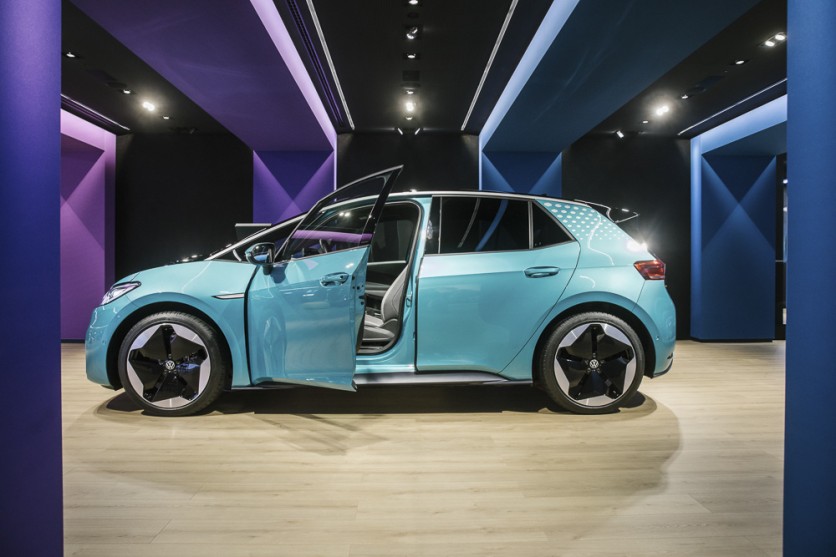
In another big step towards a driverless society, Volkswagen and Qatar have signed a deal to introduce and develop an electric and autonomous public transport system for the capital city of Doha by 2022. Qatar may be the site for the development of autonomous vehicles and buses for the next few years, given the difficulties Apple and Uber have been facing in the US.
Project Qatar Mobility
Qatar Investment Authority (QIA) CEO Mr. Mansoor Al-Mahmoud and Volkswagen Group CEO Herbert Diess has signed the agreement on December 14, in Doha. The agreement, "Project Qatar Mobility," is a project to develop the physical and digital infrastructure required to improve Doha's public transport network by integrating autonomous self-driving shuttles and buses. The project will also lay the groundwork for an autonomous driving ecosystem, creating the necessary legal framework, smart city infrastructure, and the transfer of knowledge necessary to develop urban mobility around the world.
The project will be adding a fleet of 35 autonomous electric ID - Buzz vehicles, or Intelligent Design vehicles, from Volkswagen Commercial Vehicles as well as Scania buses. The ID. Buzz vehicles will be able to shuttle up to 4 passengers in the Westbay area on semi-fixed routes, while the larger Scania buses will be able to handle larger groups.
Volkswagen's subsidiaries MOIA and Audi AID, will be handling the software. MOIA will be providing its ride-sharing app to run the service while Audi's AID will be delivering the Self Driving System (SDS) knowledge. The hardware will be handled by two other Volkswagen Group subsidiaries, with Volkswagen Commercial Vehicles providing the ID. BUZZ and Scania's Buses to produce emission-free vehicles.
Self-Driving Roadmap
Closed testing is expected to begin by 2020, with trials beginning as early as 2021. Should there be no setbacks, the project will finally go live by 2022, releasing the autonomous vehicles for public use in just three years' time.
While Qatar is hoping to fast-track its development of self-driving vehicles, this still sets them behind Tesla's projections of releasing robotaxis as early as next year, 2020. This is a vision that Elon musk has been developing since back in 2016, making it a project four years running, already longer than the Qatar and Volkswagen roadmap.
Drawbacks and Hurdles to Self-Driving Vehicles
Volkswagen and Qatar's partnership puts them in a favorable state, where the legal groundwork is also being laid as soon as the technology becomes available. Tesla and Uber in the US are in a more difficult situation, with each state possibly having different guidelines over self-driving vehicles as well as ride-hailing services.
Uber is specially set back with multiple cases, most notably the Arizona Crash, where an Uber self-driving car was able to detect but ignored a pedestrian. The accident claimed the life of the 47-year-old pedestrian, Elaine Herzberg, also setting back Uber in the public view as well as in its legal grounding. Since then, Uber has decided to double-down on passenger applications, shutting down its Self-Driving Truck program and absorbing its employees into its autonomous car division.
Apple has also decided to layoff hundreds of staff in its self-driving car division, Project Titan, although they have said that affected employees will be moved to other projects. At the very least, Stanford's own programs have been promising, using a new neural network trained to be able to drive at high speed and pull off amazing maneuvers. Overall, the future of Self-driving vehicles remains promising, despite the numerous drawbacks faced thus far.
ⓒ 2026 TECHTIMES.com All rights reserved. Do not reproduce without permission.




